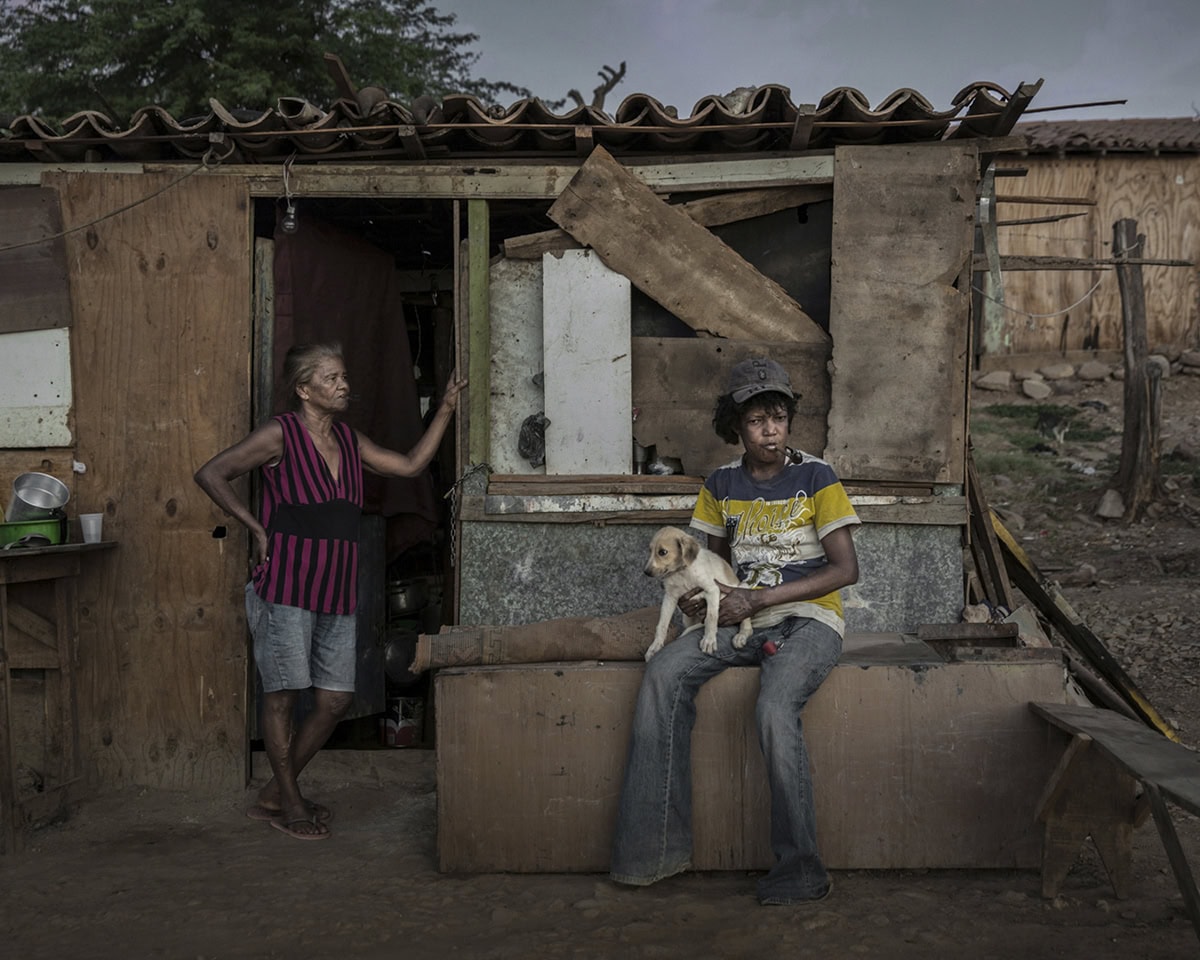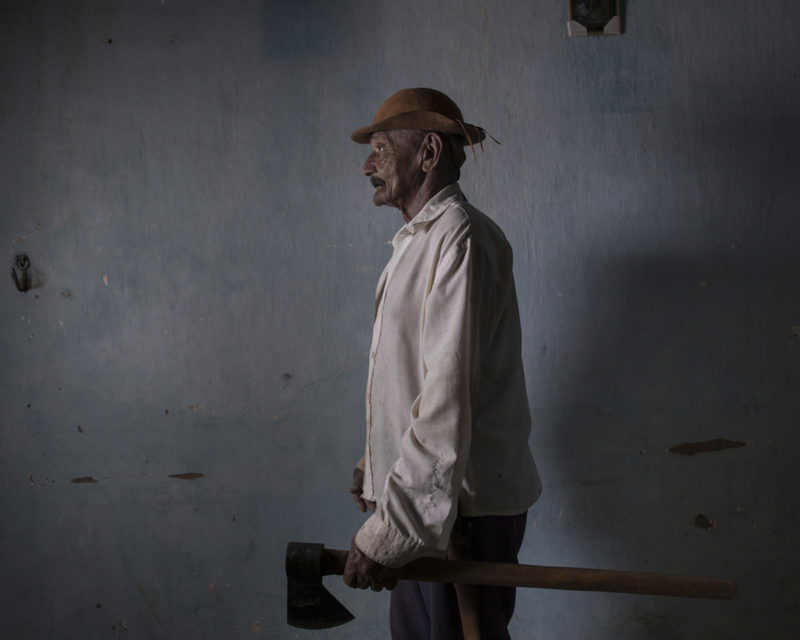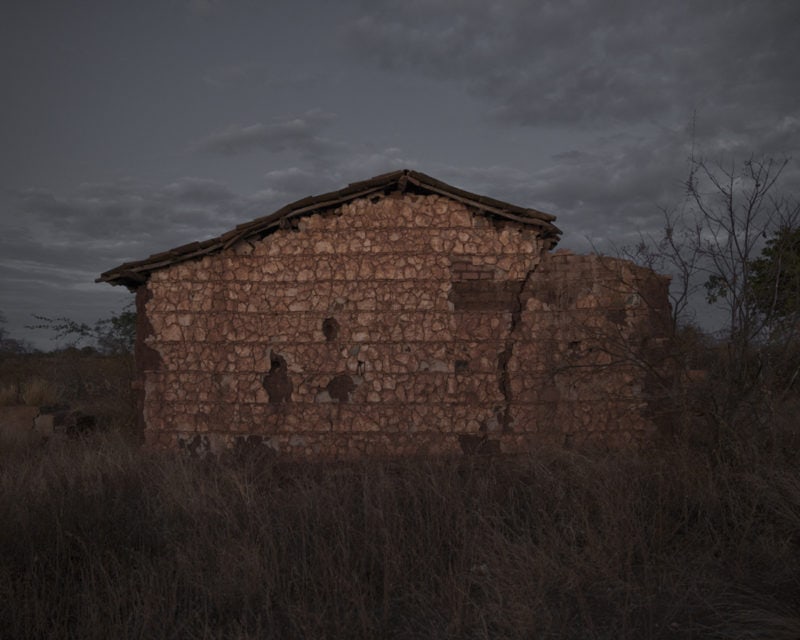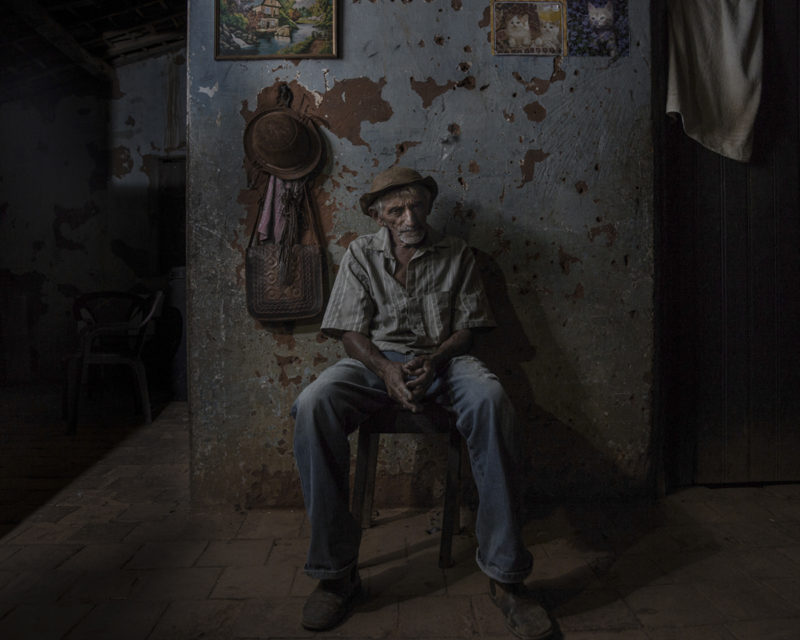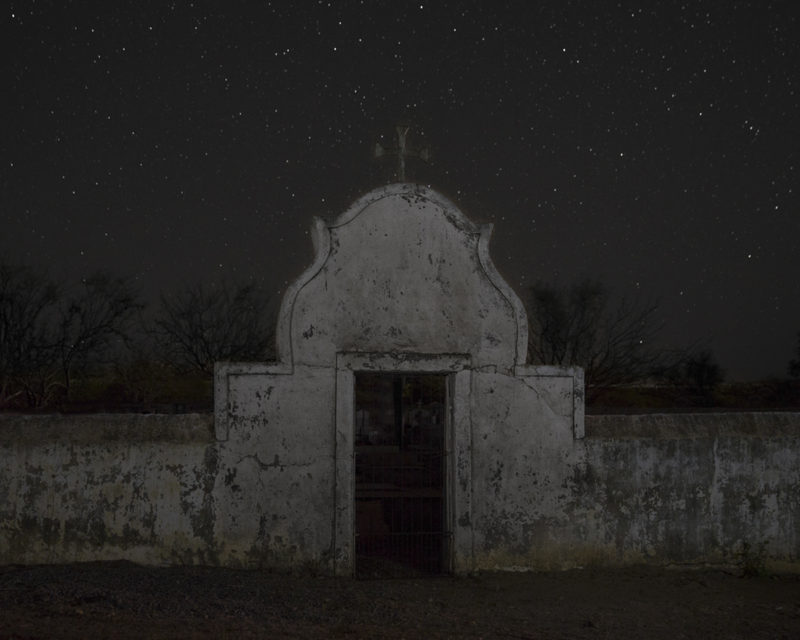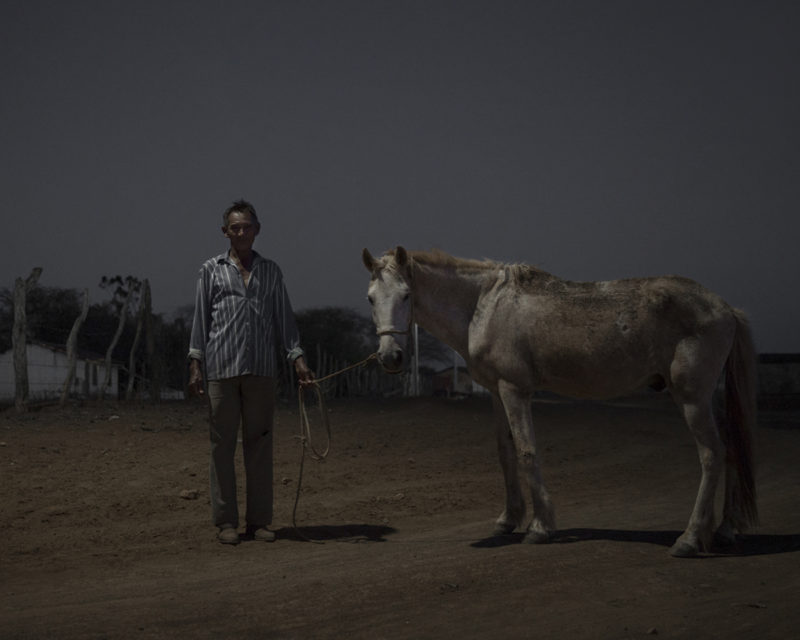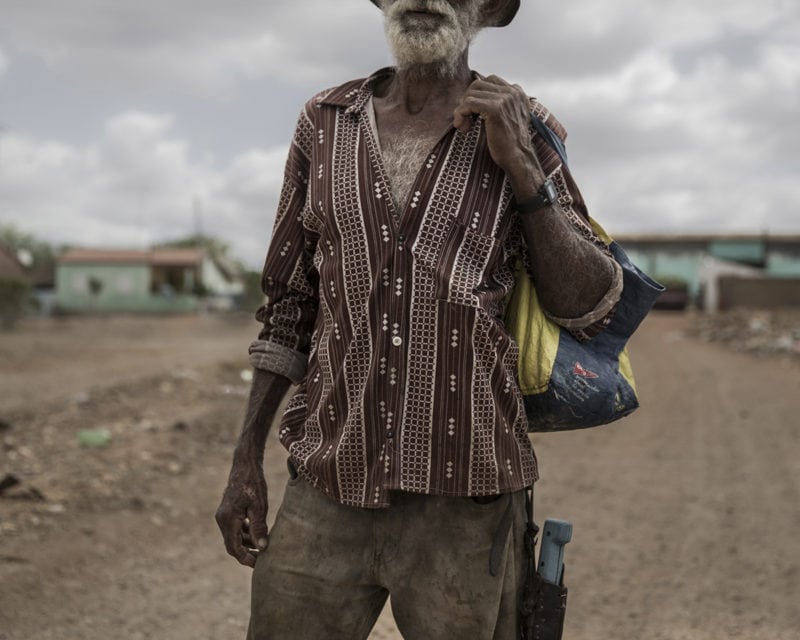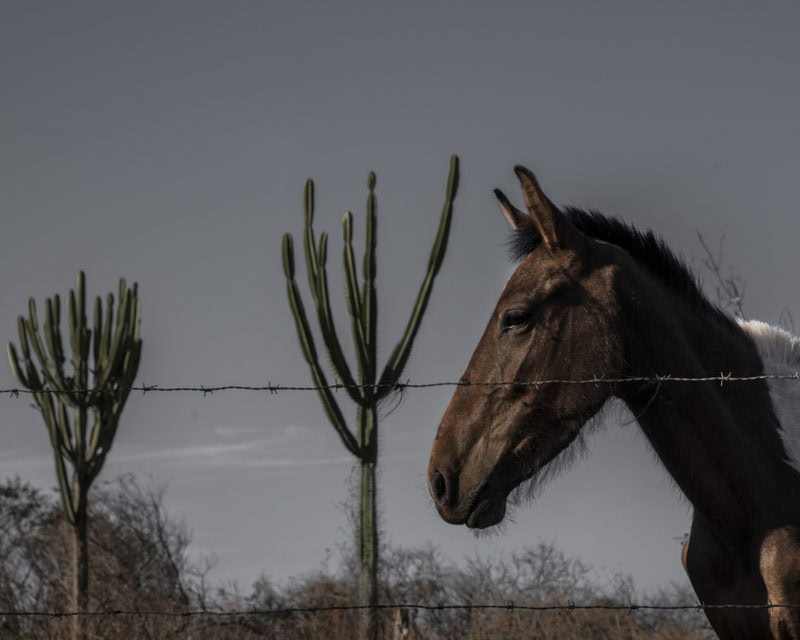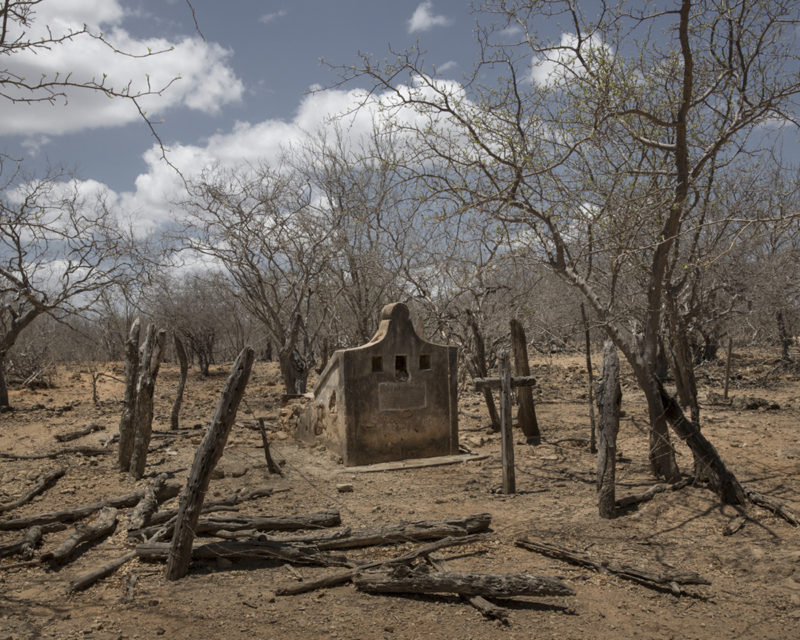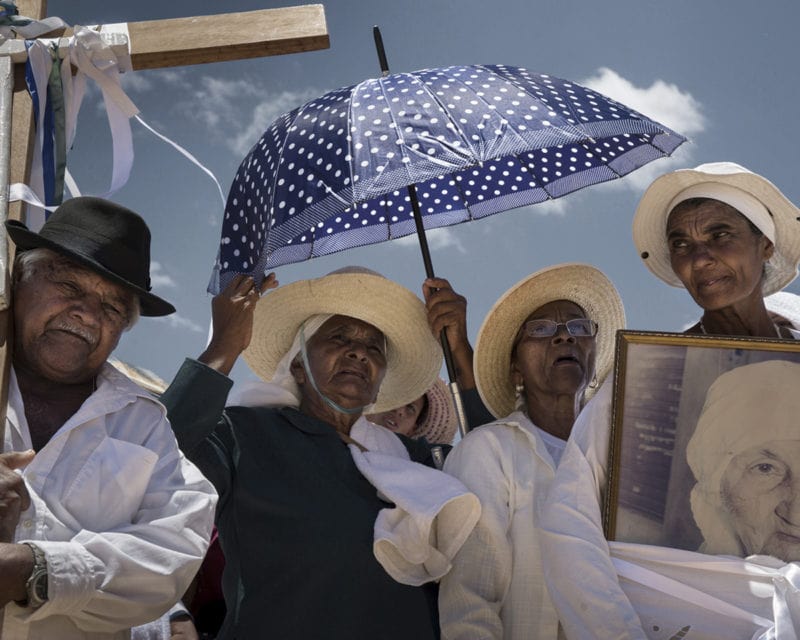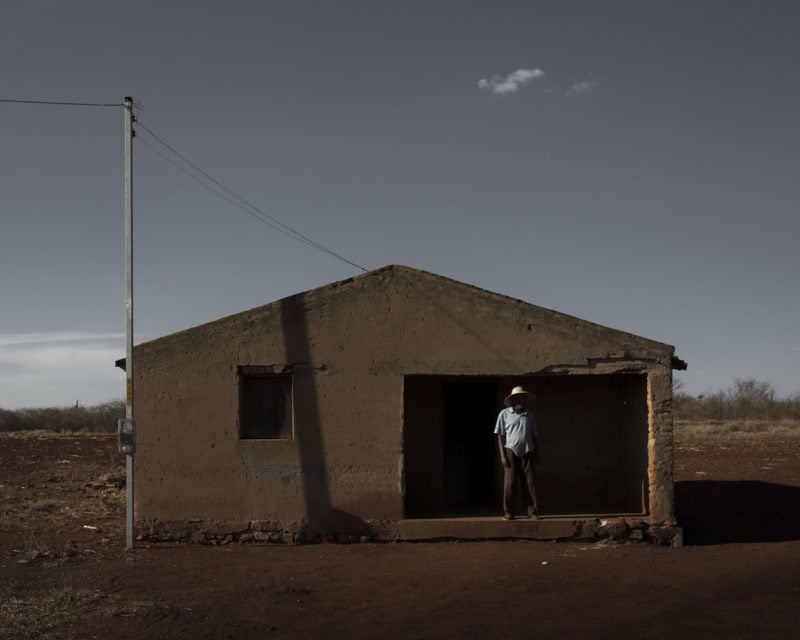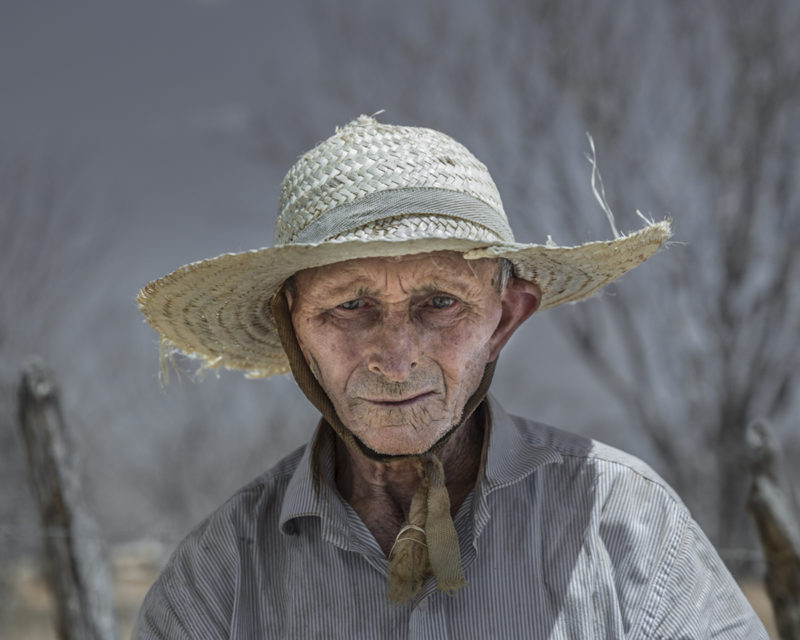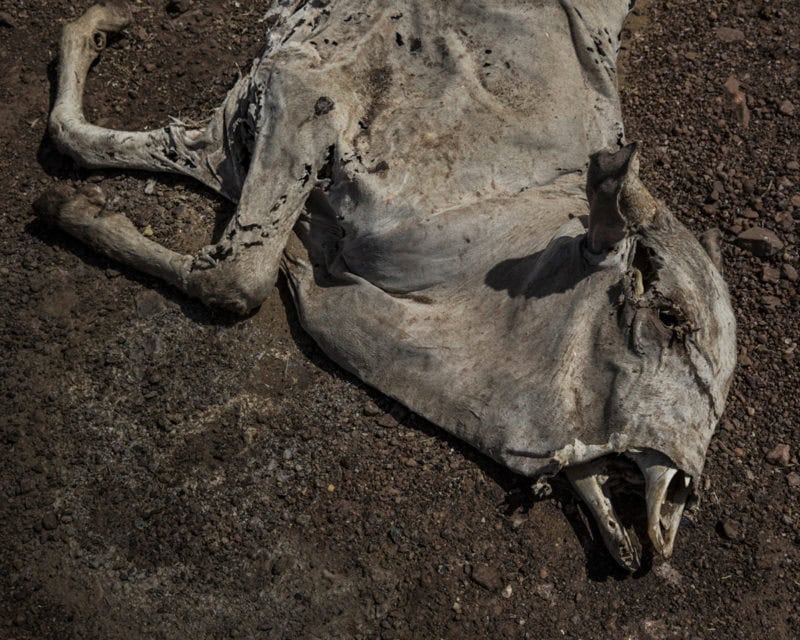Born in 1982, Felipe Fittipaldi is a Brazilian photographer currently based in Rio de Janeiro. Bachelor in communication and post-graduated in Communication and Image, he is constantly collaborating with the main national and international newspapers and magazine such as El País, National Geographic, Folha de São Paulo and Veja Magazine.
Felipe has participated in exhibitions and festivals in Brazil, New York, Paris, Colombia, Rome and Tokyo and was recently given first place recognition at the Life Framer Award by katerina Stathopoulou (MoMA). He has also been awarded in LensCulture Emerging Talents Award 2017, POY Latam Award, National Geographic Photo Contest, SEBRAI Journalism Award, I Exhibition CCSP, Magnum Caravan Scholarship 2017 and PEF 2017. Besides his commercial work, he is engaged in personal projects related with social and environmental issues.
About ‘Backlands Sertão‘:
Migrations tend to appear as the visible side of often invisible phenomena. The great human displacements, as a rule, precede or follow profound changes, be it from the economic and political point of view, or in social or cultural terms.
The population dynamics of rural areas in the semi-arid region of Brazil has been marked by a drastic decrease in population, especially in the last 50 years. Researchers of the demographic dynamics point out that the great change observed in the last years is the conversion of the generalized rural exodus into a more selective process, which preferentially sends the young and highly productive population to the cities. This selective exodus of young people intensifies the aging of the population, a social phenomenon that marks the most recent period.
Lack of perspective and newly arrived infrastructure in the field, as well as new technologies, have enabled a profound cultural transformation. The new generation, now connected to new references, tends to migrate in search of opportunities away from isolation and hard work in the fields. A large part of the new generation wants to be included in urban and contemporary class society, even as a proletarian and a resident on the periphery of the city, whether small or large. The countryside has aged and rural youth also want access to the assets of other youth.
Faced with this emptying, the old generation that remains may be the last representative of traditional culture, permeating survival away from their departed heirs. In this difficulty of convergence between the old and the new, many choose to remain in their places of origin, perpetuating the relationship with their physical and symbolic universe.
The essay Backlands Sertão proposes a reflection on the current context of the traditional populations of the semi-arid country side of Brazil facing the youth exodus and modernization, which materializes in the isolation of its members unable to incorporate new contemporary practices.
